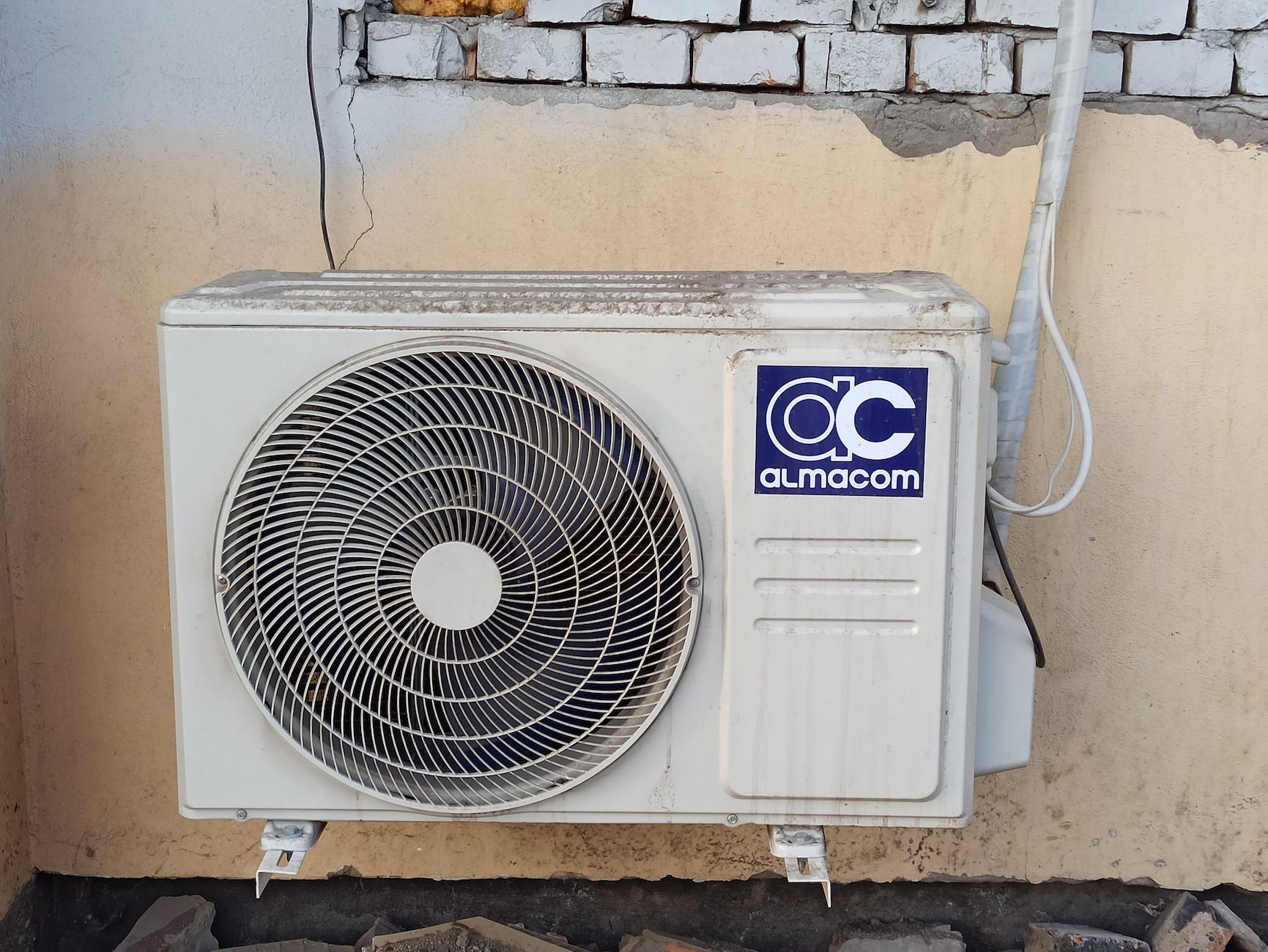
HVAC
Your HVAC system is one of the most vital elements in your home, as it keeps temperatures comfortable while purifying air quality and filtering out dust particles from circulation.
Common mistakes homeowners make include closing vents in rooms they no longer occupy and uneven heat distribution throughout the home. With these tips you can keep your system in working condition for the whole year.
Remember to schedule regular check-ups as part of your HVAC maintenance plan, and you can find a great one at River Valley to ensure your system runs smoothly year-round!
1. Buy and install a quality thermostat
Your thermostat is one of the most essential parts of an HVAC system. Ensure it’s properly installed to get maximum performance from your heating costs.
If you want to save even more money, installing a smart thermostat may be worth it. These devices enable remote temperature control from anywhere, saving energy while creating an ideal indoor environment.
Before starting any electrical work in your home, it is wise to turn off power in the area you will be working. This can be achieved by switching off any breakers labeled HVAC systems. Next, uncap the thermostat and mark where drill holes must be drilled for the new back plate, then screw it onto the wall with appropriate anchors.
To maximize the efficiency of your heating system, it is also essential that the warm-air vents in your house remain free from obstruction by furniture or rugs. Doing this allows the warm air to circulate freely around your home and significantly lowers heating costs.
2. Keep your furnace clean
Furnaces use a fan and blower motor to push warmed air through your ducts into your home, providing vital comfort. However, their efficiency may suffer if they become dirty. Here are some maintenance tips to ensure it works smoothly this winter.
Before cleaning your furnace, ensure the power has been turned off at the breaker box and gas valve in your house’s pipeline.
Remove any combustible items, such as paper and cardboard, from around its exterior before spraying heavy-duty electric motor oil, as recommended on its label. Spray onto its heat exchanger and clean the fan and blower motors. When in Winnipeg, Abundant Air ensures your furnace is in top condition.
3. Change your filters regularly
Change your filters regularly regarding HVAC maintenance – dirty filters can clog and force your system to work harder than necessary, leading to higher energy bills and potentially increased workload.
Filters can collect dust, hair and dander that accumulate over time, reducing indoor air quality and leaving you feeling exhausted or sick. Disposable filters should be discarded immediately, while washable filters must be washed thoroughly with mild soap and water before leaving them to dry thoroughly before being installed again.
A general guideline suggests changing your filter every 30 days depending on climate conditions, activity levels and whether pets are present in the household.
As part of your regular maintenance routine, inspecting vents and ducts for leaks or blockages is also wise. Clogged vents can reduce air quality and make home cooling difficult, so be sure all vents are open and the ducts clean. Alternatively, consider investing in reusable filters that need only be cleaned every year or two; these options often prove less expensive.
4. Add insulation to your attic
Insulating your attic is one of the best ways to keep your home comfortable during winter. Insulation reduces strain on HVAC systems, saves energy costs, and cuts costs associated with cooling and heating the space.
Without sufficient insulation, rooms upstairs may feel hot or cold depending on the temperature outside. Adding attic insulation, temperatures in your home become more consistent, and drafty rooms will no longer exist as often.
Insulation extends the life of your HVAC system by reducing wear and tear. Insulation prevents cool air from escaping through your attic when temperatures heat up during winter and prevents hot air from entering during summer.
Moreover, insulation can help improve indoor air quality (IAQ). Poor IAQ can cause fatigue, headaches and respiratory issues.






